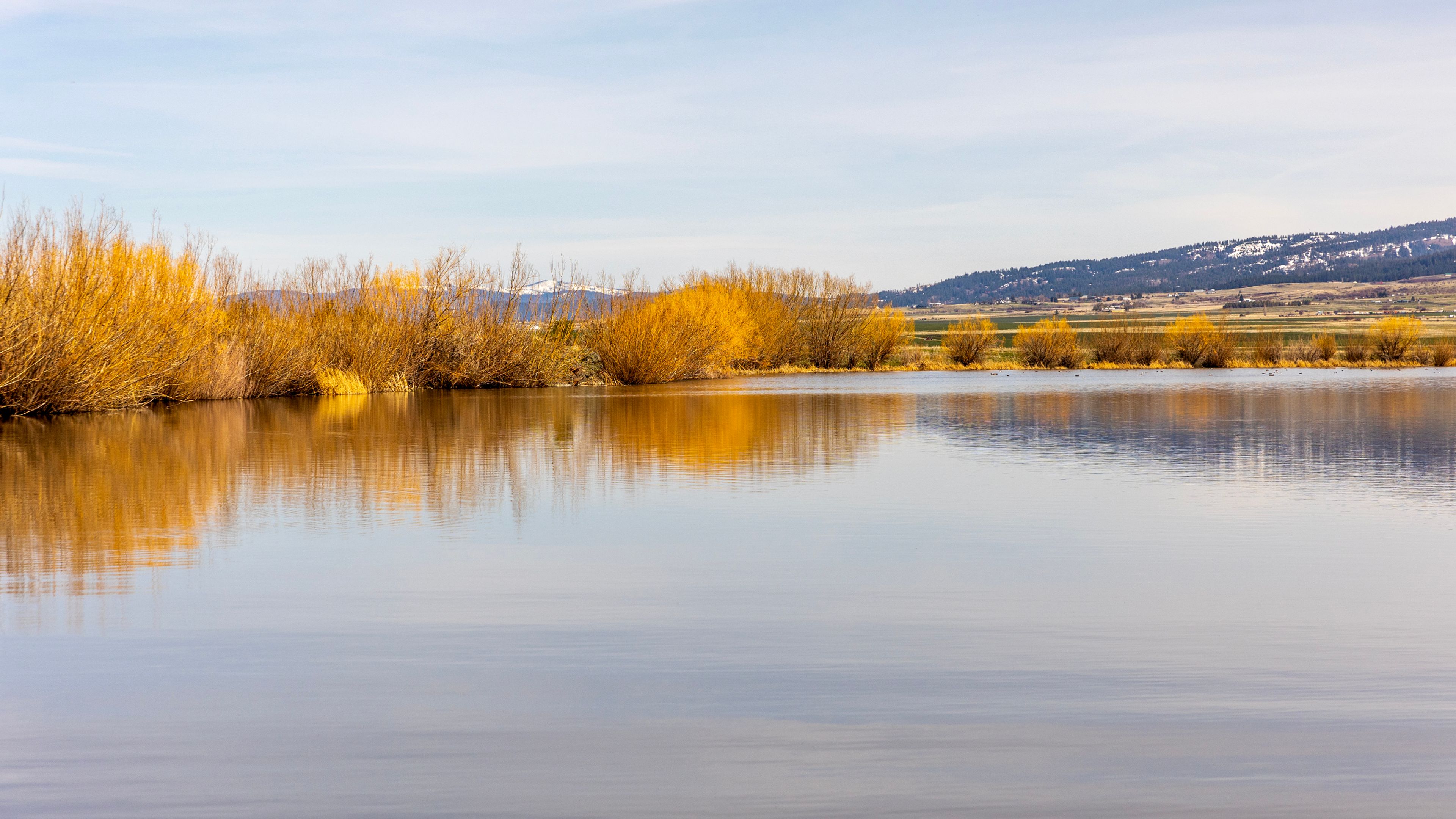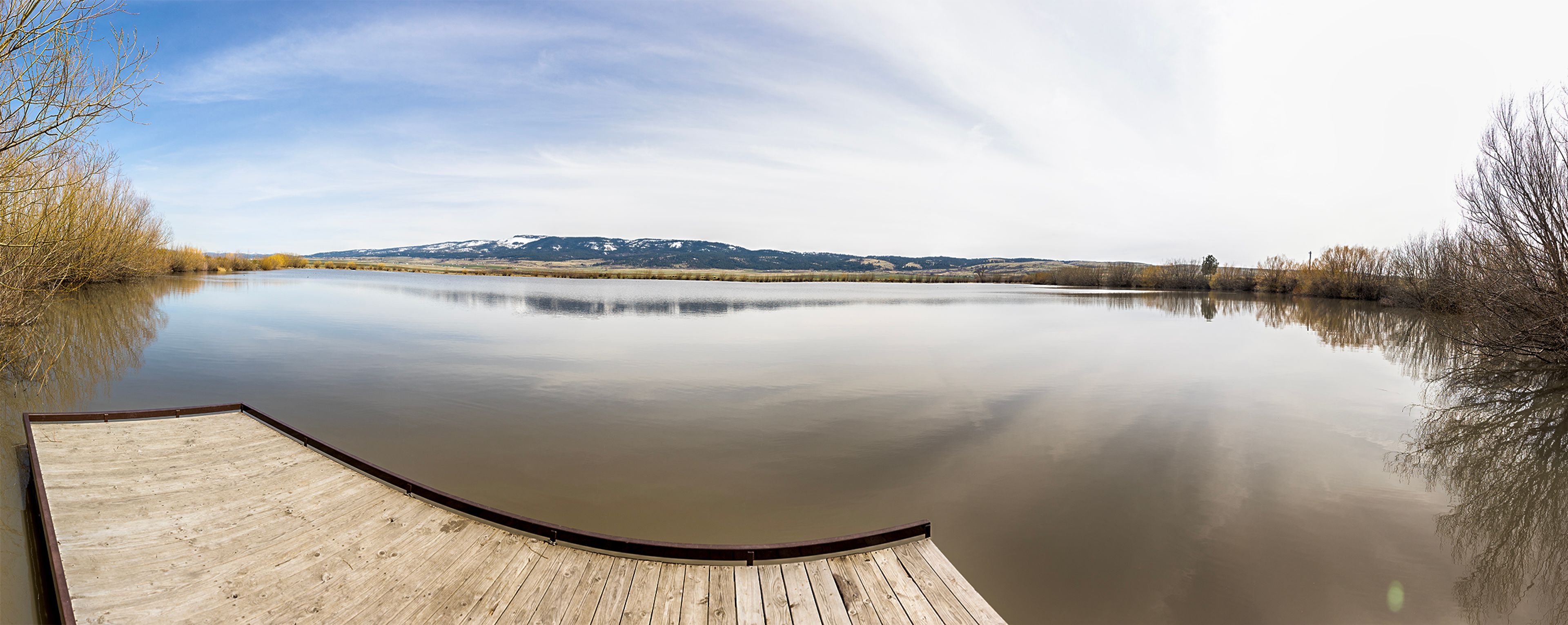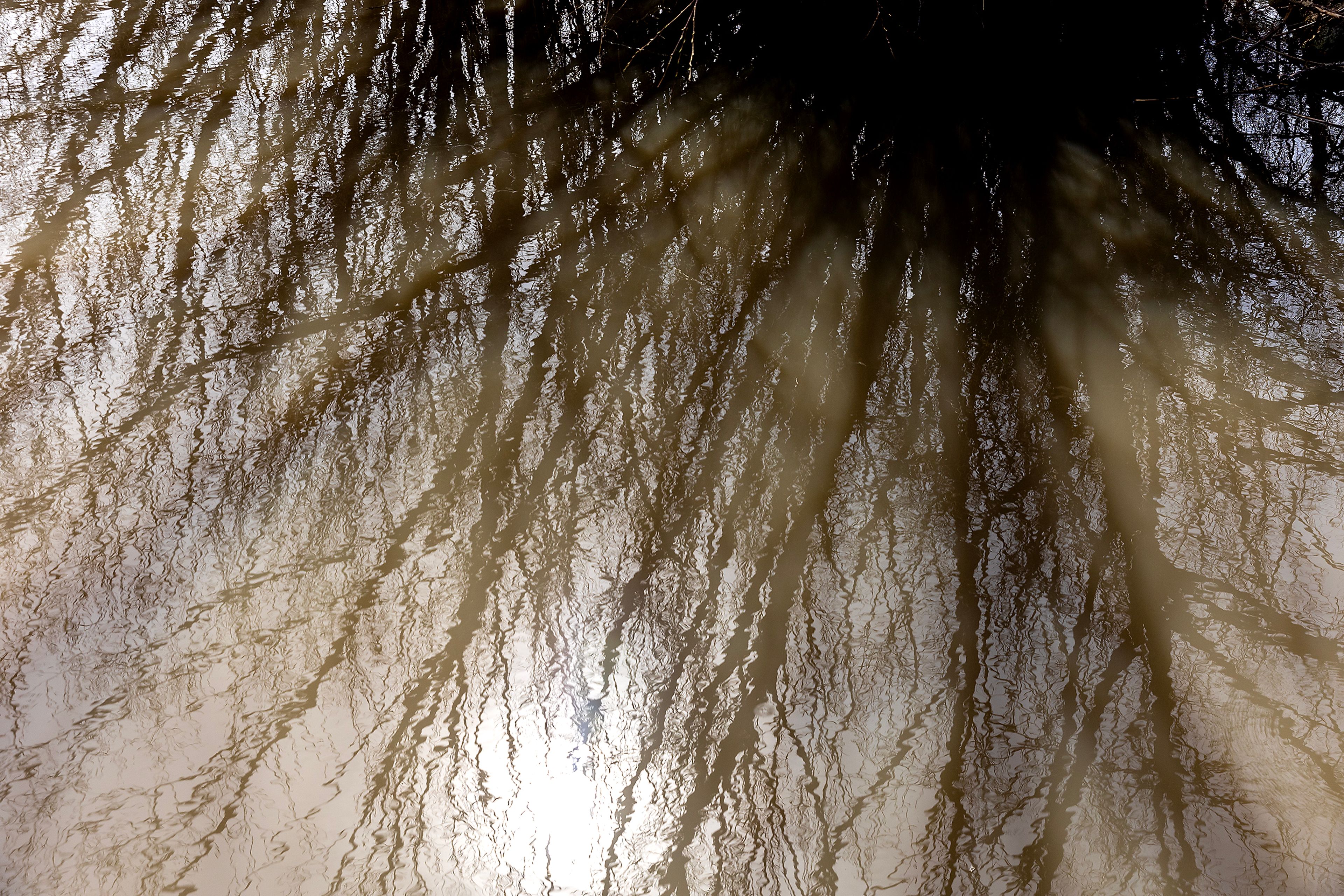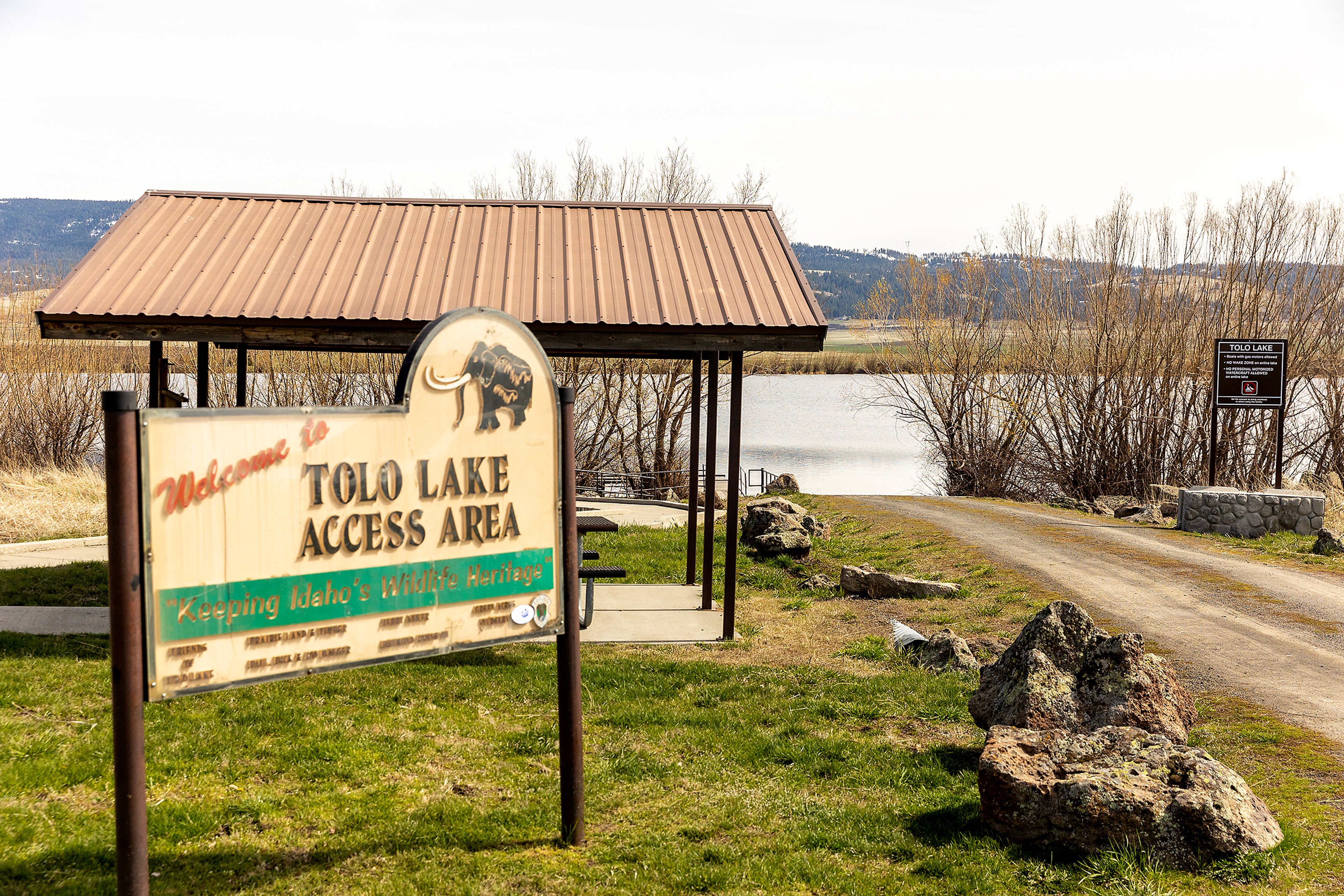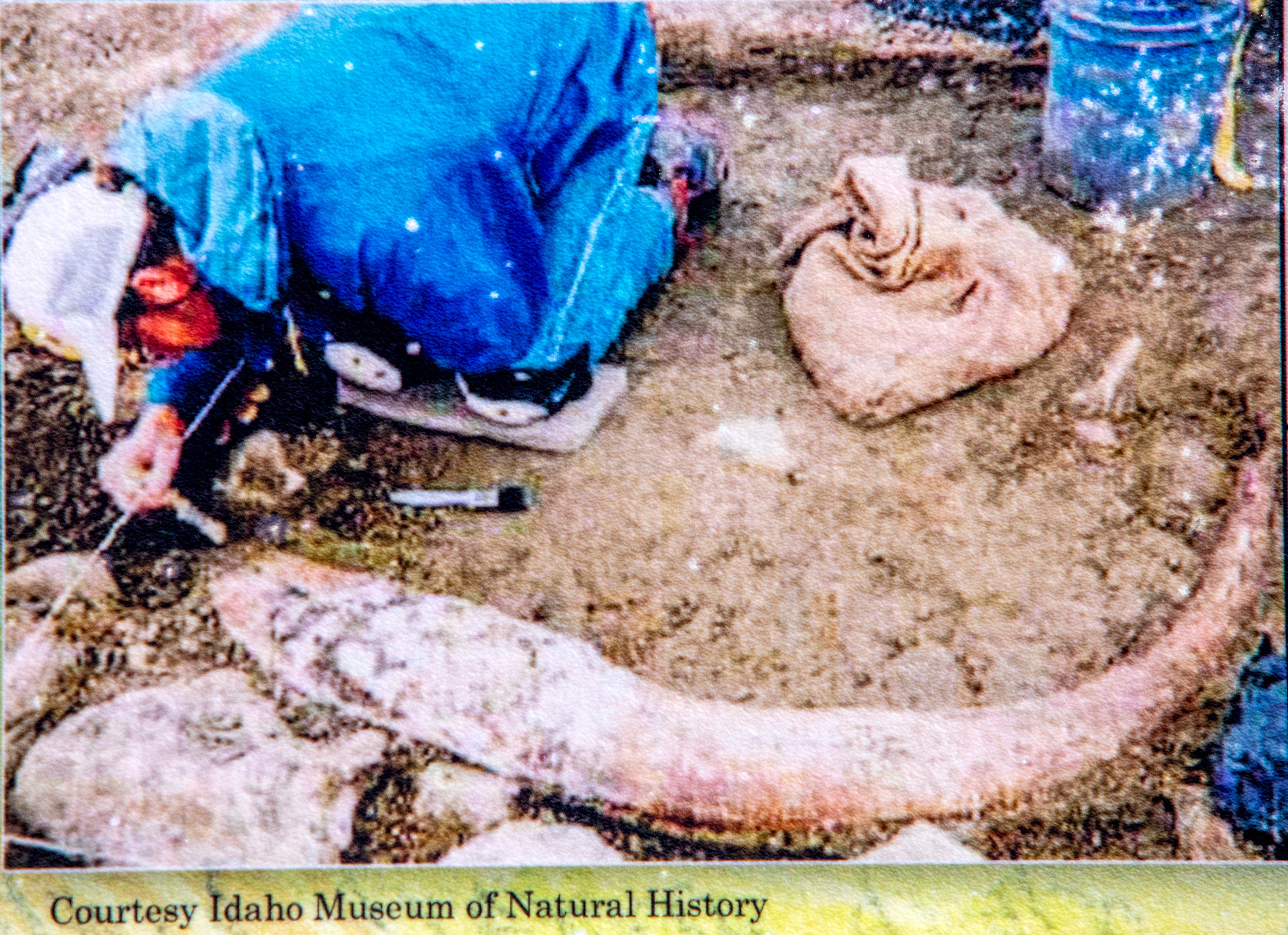DAYTRIPPING: Tolo Lake: More than just a rest stop
Camas Prairie body of water offers fishing, birding and history
This story originally appeared in our Daytripping special section May 19, 2023.
Travelers on U.S. Highway 95 seeking to bypass Grangeville have likely stopped at the outhouse at Tolo Lake at least once or twice.
But the 36-acre lake is more than just a scenic rest stop on a gravel road; it’s a historical meeting site for the Nez Perce Tribe, the site of a major mammoth discovery, and a popular fishing and birding spot.
The pond is the largest natural body of water on the Camas Prairie and an affiliated site of the Nez Perce National Historical Park.
The lake had served as a rendezvous site for bands of the Nimiipuu — or Nez Perce — used for gathering food and meeting with neighboring bands, according to the National Park Service. The canyon was also part of an ancient transportation network that connected the Salmon River and the Snake River drainages.
The lake was a gathering spot during the Nez Perce flight of 1877, in which at least 600 members of the tribe were driven from their traditional lands to resettle on the smaller Nez Perce Reservation near Lapwai, according to the National Park Service.
The lake is now owned and managed by Idaho Department of Fish and Game. The department has said it will stock Tolo Lake with 700 rainbow trout in May. The lake supports a warm water fishery.
In 1994, state officials sought to improve fish and wildlife habitat at the lake and in the process found a huge bone. It was later determined to be a Columbian mammoth. A paleontological recovery effort found three mammoth skeletons and an ancient bison skull.
An exhibit about the Tolo Lake mammoths can be viewed in nearby Grangeville at Eimers Park, which includes a life-sized replica of a mammoth skeleton.
The quiet pond is also a popular spot for birders. The online birding database eBird ranks it as a top spot in the region, with 162 species reported being observed there.
The location includes picnic tables, fire pits, a dock and a boat ramp. n
Tolo Lake
LOCATION: From Lewiston, drive south on U.S. Highway 95 for about an hour, turn west onto Tolo Lake Road, drive for just more than 4 miles. (Note: The easier way to access the site is from Lake Road, but it has been closed for a while.)
WHAT YOU’LL DO: Fish, bird watch, read about its history, take out a boat, picnic, enjoy the view.
Difficulty (1-5 scale): 1.
DON’T FORGET: Fishing gear and valid license for anglers, binoculars and camera for birders.
NEARBY SITES OF INTEREST: The Tolo Lake mammoth skeleton replica can be seen in a pavilion at Eimers Park in Grangeville. The White Bird Battlefield Overlook is located about 15 minutes away, south on U.S. Highway 95.
